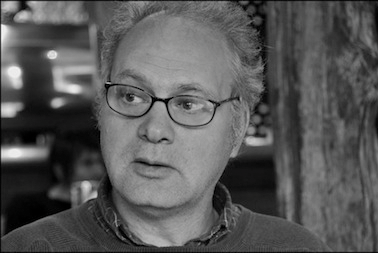Terza Missione
La Facoltà di Economia, da sempre impegnata a favore della crescita del tessuto socioeconomico italiano e nella cooperazione internazionale, declina la sua Terza missione impegnandosi in una ricerca di eccellenza utile a fini produttivi, capace di contribuire all’avanzamento della conoscenza, dei saperi culturali, scientifici e tecnologici atti a migliorare il benessere della società, attraverso una formazione di qualità, la creazione di partnership istituzionali e progetti con le imprese e per il territorio, il supporto della proprietà intellettuale e dell’imprenditorialità, il placement dei propri laureati, la promozione di iniziative volte a garantire sviluppo sostenibile, innovazione sociale, civic engagement e resilienza.



 Prof.ssa Lucia Leonelli
Prof.ssa Lucia Leonelli


